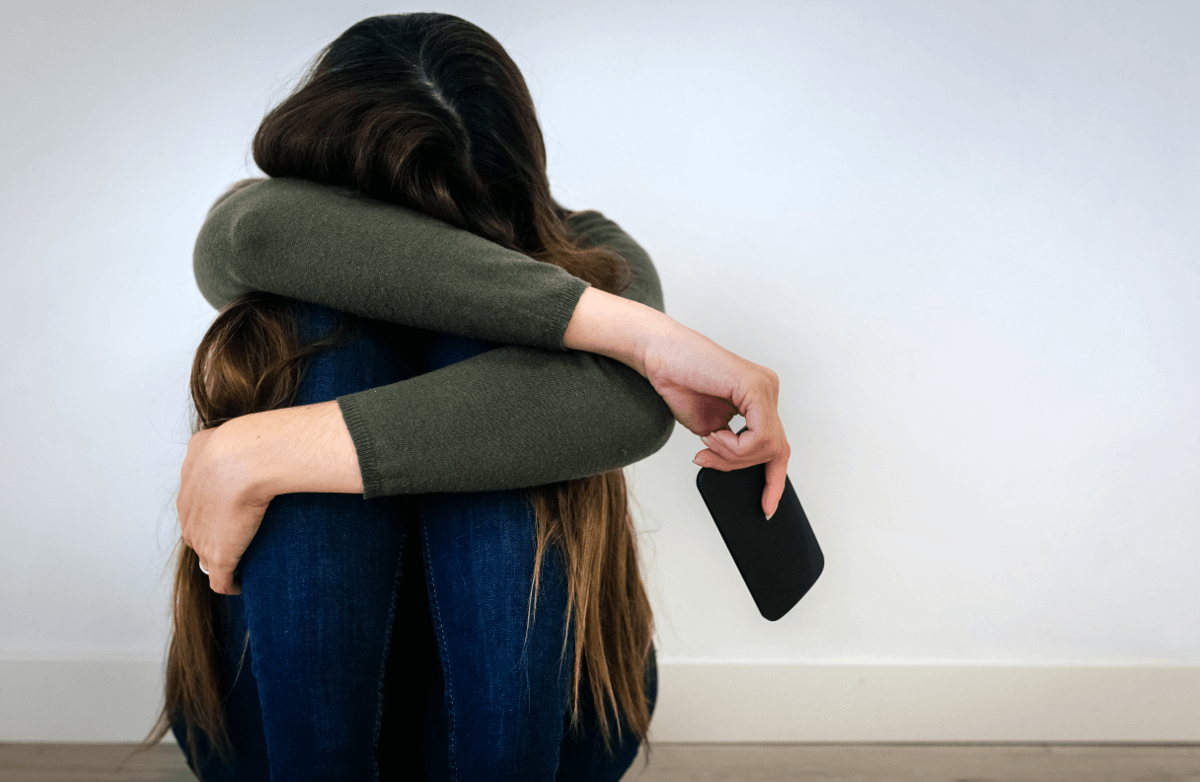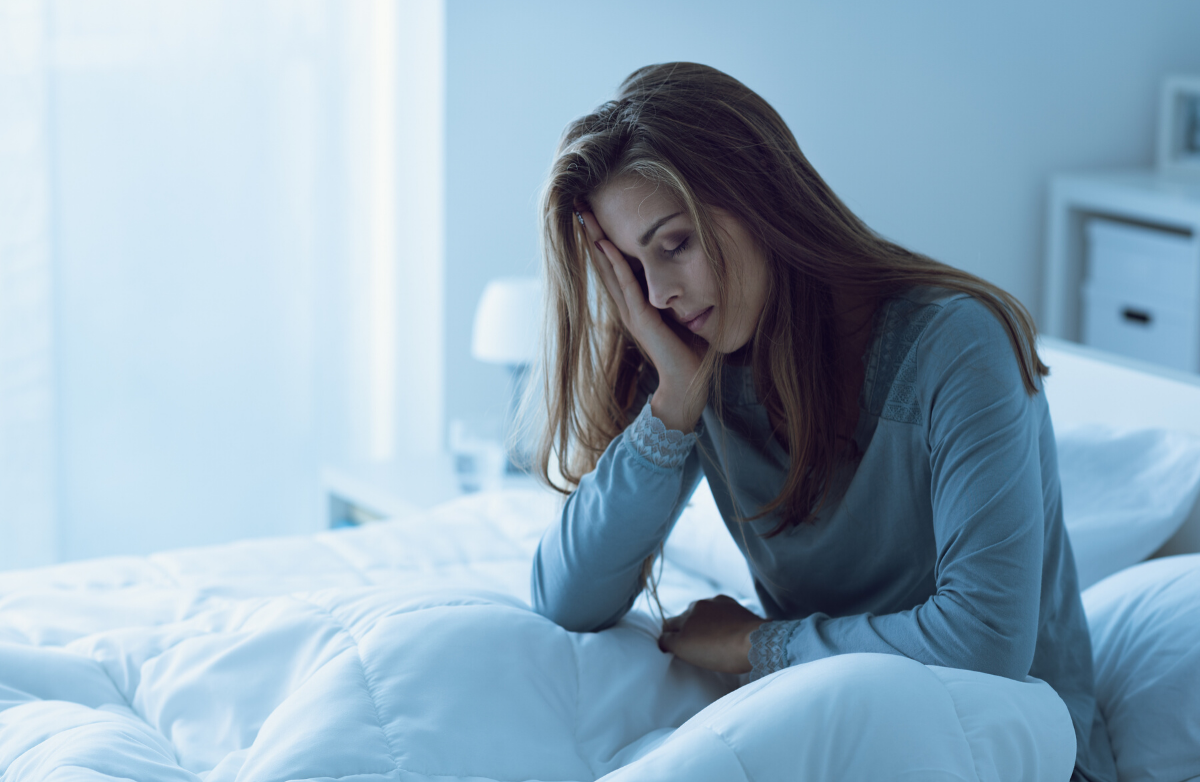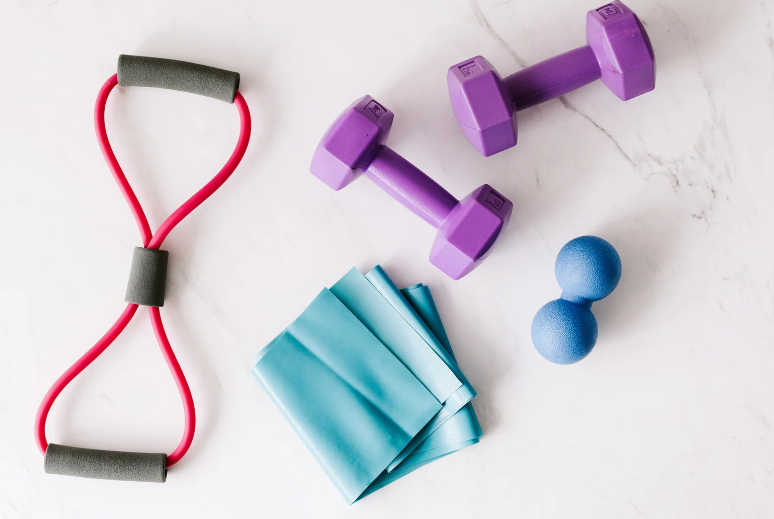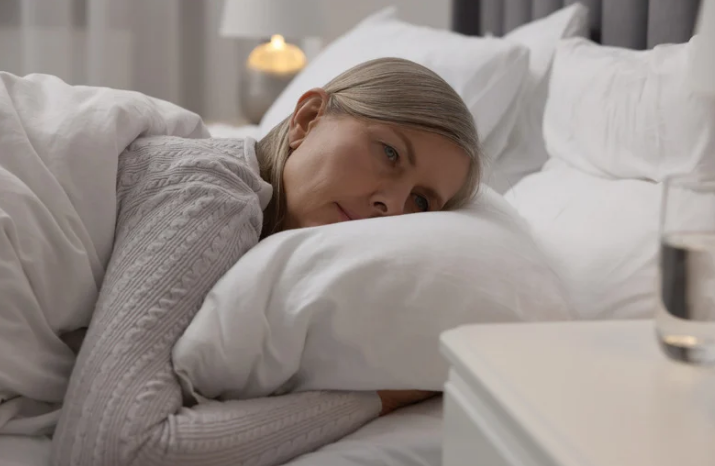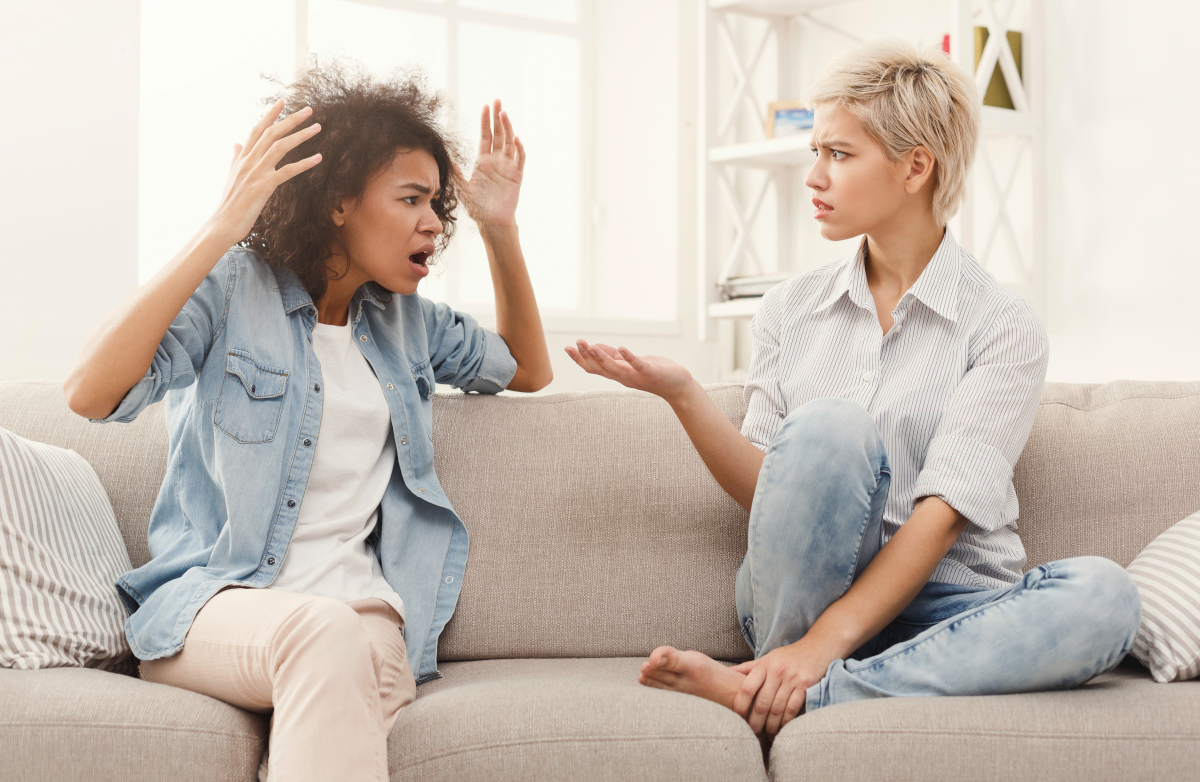Make no doubt about it: The coronavirus (COVID-19) pandemic created unwanted stress. Between health concerns, work worries and fear of the unknown, many have dealt with anxiety for the first time. Meanwhile, for people who had anxiety before the pandemic, the global situation has simply heightened their symptoms.
Yet, when you're so deep in anxiety, it can be difficult to see that it's become a problem. After all, when you're proactive about checking in with your mental health, you'll be more likely to catch anxiety in the act of taking over.
First, What's Your "Baseline" for Anxiety?
To determine if your anxiety has gotten more serious, it's helpful to know your "baseline." This is essentially your usual level of anxiety.
According to Frischkorn, there are several ways to find your baseline. One method is to think of it as the average of your best and worst moods. For example, on a scale of one to 10 (one being low-key, 10 being beyond anxious), maybe you're a three at your best mood and a seven at your worst. In this scenario, "your baseline is a five," Frischkorn explains. But if you feel like you're at a seven or eight these days, you may be more anxious than usual.
You can also reflect on how you normally handle stress. Journaling and list-making are great tools for this exercise. Write down your typical anxiety triggers and reactions to stress, then compare them to how you're feeling lately.
Want extra insight? "Ask [other] people—like trusted friends, family or your therapist—if you seem more anxious lately," says Frischkorn. People in your household are ideal candidates, as they see you often and will be better at recognizing small changes in your behaviors.
Things Are Getting Serious
If you've shifted from your baseline, your anxiety will likely manifest in small yet significant ways. Keep an eye out for these common signs:
1. Your habits feel like a chore: While everyone's routine has been thrown for a loop, we all have those mundane activities that make things feel "normal," such as making coffee or checking your work email. But if these daily norms feel difficult, Frischkorn says, anxiety may be taking over. The same goes if "you [avoid] things that used to commonplace," she adds.
2. You have physical symptoms: Anxiety is no stranger to the mind-body connection. According to Frischkorn, anxiety can wear down on your physical health, causing symptoms like "stomach aches, muscle soreness, headaches [and] bowel distress."
3. You have trouble sleeping: It's natural to have the occasional sleepless night. However, take note if you regularly "have difficulty falling asleep, staying asleep or waking up," says Frischkorn, any one of which may indicate new or worsening anxiety.
4. You can't focus: When anxiety gets out of control, it can mess with your ability to concentrate. "You may [feel] foggy or scattered," notes Frischkorn. Or, all your thoughts might lead back to a single worrying thought, topped off with frequent ruminating and "what-if-ing."
5. Your fears have become irrational: Pause and check in with your current worries. Are they genuinely realistic concerns? (Be honest!) "Pay attention to if your fears [are] related to phobias, or not linked to likely outcomes for you personally," suggests Frischkorn.
New to Anxiety? Here's What You Can Do
If any (or all) of the above signs sound familiar, consider reaching out to a mental health professional. Many therapists are offering virtual appointments during the pandemic. You can also try these self-help strategies, as recommended by Frischkorn:
- Mind what you consume: In addition to eating a balanced diet, it's also important to be aware of your caffeine, alcohol and nicotine consumption. Though they may seem to provide a temporary sense of relief in the moment, these can all increase anxiety, says Frischkorn.
- Talk it out: "Often, we're so plagued by anxiety because we are working overtime to appear that everything is fine," explains Frischkorn. "Find a trusted friend, family member or colleague and open up!"
- Seek an online support network: This can be a virtual book club, online fitness group or people with similar interests. Participating in a group of like-minded individuals is an excellent way to remind yourself that you're in good company, shares Frischkorn.
- Breathe: Sometimes, when you're feeling anxious, your breath may be the only thing you can control. Practice breathing techniques often, which "will help downregulate your nervous system," notes Frischkorn.
The world is a strange place right now, so go easy on yourself. "We all experience stress in our lives," Frischkorn reminds us. "It's not a sign of a weakness, and it will not go away on its own." Try to avoid judging how you feel and know that it's possible to find support and relief from yourself.





